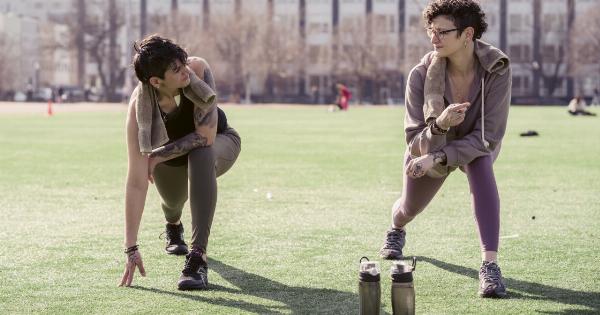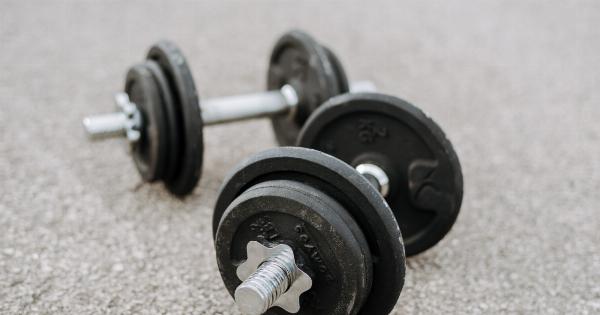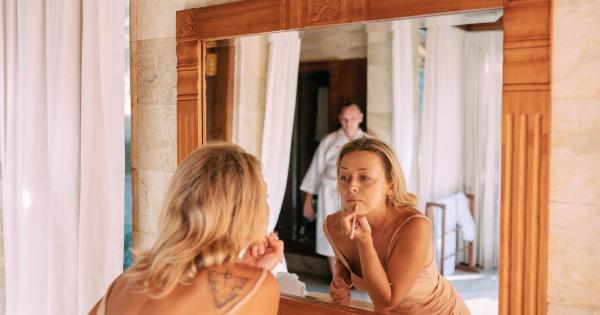Did you know that the time of day you shower can affect the quality of your sleep? Yes, it’s true! Studies have shown that taking a shower at specific times of the day can help improve the quality and duration of your sleep.
In this article, we will look at the best time of day to shower for restful sleep.
1. Evening Shower
Showering in the evening, just before going to bed, can be a great way to prepare your body for sleep. The warm water can help relax your muscles and reduce tension, which can help you fall asleep faster and sleep better throughout the night.
Showering in the evening can also help you reduce stress and anxiety, which can sometimes keep you up at night.
Taking a warm shower can also increase your body temperature, which can help initiate the body’s natural process of cooling down, which can help promote sleepiness.
2. Early Evening Shower
If you’re not comfortable showering right before bed, you can try taking a shower a few hours before bedtime. This can help your body cool down after the shower and help prepare you for sleep.
Taking a shower at this time can help reduce stress and anxiety as well.
3. Morning Shower
If you have trouble falling asleep at night, you may want to consider taking a shower in the morning instead.
A morning shower can help wake you up and get your body moving, which can help increase your energy levels and help you stay focused throughout the day.
Another benefit of taking a morning shower is that it can help you maintain a more regular sleep schedule.
If you maintain a regular sleep schedule, your body will become accustomed to the sleeping and waking times, which can help you fall asleep more easily at night.
4. Cold Shower
While warm showers are generally more relaxing and soothing, they can also increase your body temperature, which can make it difficult to fall asleep. Some people find that taking a cold shower before bed can help them sleep better.
Cold showers are known to have a number of health benefits, including reducing stress and anxiety, boosting the immune system, increasing blood flow, and improving circulation.
Taking a cold shower before bed can help lower your body temperature, which can promote sleepiness and improve the quality of your sleep.
5. Nighttime Routine
In addition to showering at the right time of day, it’s important to establish a nighttime routine to help promote restful sleep. Here are a few tips:.
- Turn off electronic devices at least 30 minutes before bedtime to reduce blue light exposure
- Read a book or do light stretching to help relax your body and mind
- Meditate or listen to soothing music to help reduce stress and anxiety
- Avoid caffeine and alcohol in the evening, as they can interfere with sleep
- Keep your bedroom cool, dark, and quiet to help promote restful sleep
Conclusion
The time of day you shower can have a significant impact on the quality and duration of your sleep. Experiment with different shower times to find the one that works best for you.
Remember to establish a consistent nighttime routine to help promote restful sleep, and consult with your healthcare provider if you continue to have difficulty sleeping.





























